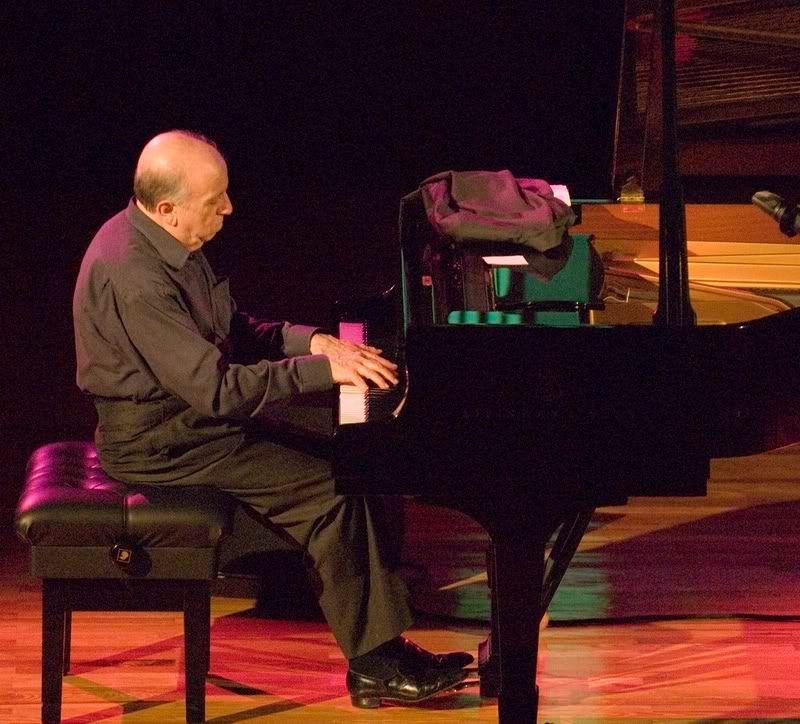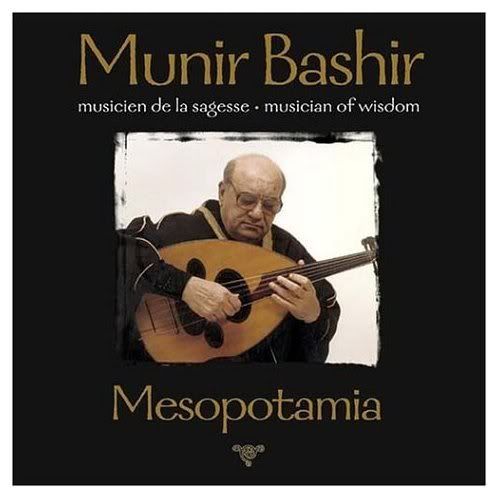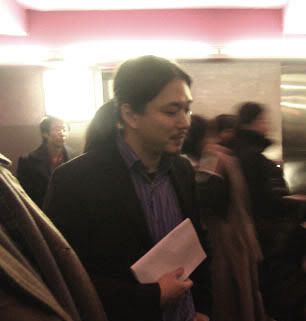Innocence or intimacy: if spoken, they become instantly, irremediably spurious.

Tuesday, October 30, 2007
Monday, October 29, 2007
Discreet apocalypse: Prisons, a priest and magazines.
As a journalist, he felt like the archetypal abjurer.
The project was a complex one indeed. He seemed miles away from completion, stuck as he was in this sojourn of commissioned writing. He was taking way too long and not taking it too well - he wasn't the onlye one. He was integrating data, methods or methodologies, new and entire areas of vocabularies to translate. He had to comply with an ever-growing list of tedious constraints and was losing himself in an inferno of constant re-writing, which is another way of not writing at all. In short, it was no pushover.
It felt as if all purpose, his life itself, was cancelled. No, it was not easy.
“In a nutshell, not speaking can be explained this way.”, he thought. This doesn't make much sense at all.
His silence was a series of displacements: in other words, no answer to anyone.
Yet, he really hated writing for others: magazines, papers, even this fucking priest. He hated it with a passion.
The sheer force of his frustration was helpful though.
Posted by
Samuel Jamier
at
10:57 PM
0
comments
![]()
![]()
Saturday, October 27, 2007
Music of a world: Mesopotamia, Munir Bashir
Along with Mohamad Qasabgi, Farid al-Atrash and Sharif Haydar, Munir Bashir (Arabic: منير بشي, Syriac: ܡܘܢܝܪ ܒܫܝܪ) is rightly considered to be in the pantheon of the best 'ud- (or oud) players of all time.
Born in the city of Mosul (northern Iraq) in 1930 (he passed away in Budapest in 1997), the musician lived to create a unique, contemplative idiom that established him as the absolute father/master of the solo lute, the matrix from which originated all the new generations of oudists. This is exactly what emerges from the two cds of Mesopotamia: Bashir gives an astounding display of inspiration and technical mastery, moving between the hieratic maqamat (مقام), the traditional melodic scales/modal structures of Arabic music, and solo improvisation, for which he always had a propensity. As he wrenches the instrument out of the ruts where years of being relegated to the rank of accompanying second fiddle have thrown it into, he returns to the roots and the prestigious lineage of the taqsim (instrumental improvisation) masters. The performance, recorded in his Baghdad studio in 1987 is an essential document of a music.
Posted by
Samuel Jamier
at
1:15 PM
0
comments
![]()
![]()
Labels: brief notes, music
Sunday, October 14, 2007
Martial Solal, "seul", solar in New York

Describing the Borgesian pianist requires an accumulation of adjectives: explosive, unpredictable, feverish, chatty, witty... the words are there, available, yet inefficient.
Listening to Martial Solal, in one (strict, strong) sense, implies an encounter - with a vivid anxiety, and a playful virtuosity that tells no other tale than itself.
Lovely and scholarly, its self-contained, half-sketched narratives suggests some kind of danger is here, and there, always delayed, and the heat is omnipresent, terrible, full of snares and traps. After so many flip-flops and surprising breaks.
Perfectly plural rhythms, out of joint/whack elusive forms, rapid-fire transition-free transformation: this is the quintessential music of whim.
Posted by
Samuel Jamier
at
3:18 AM
0
comments
![]()
![]()
Labels: music


